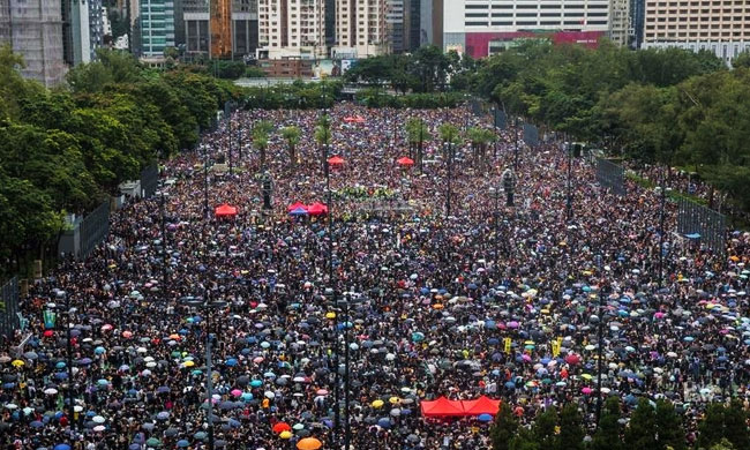Next Story
20 Aug 2019 11:36 AM IST
The Special Administrative Region of the People's Republic of China, Hong Kong, is now in the third month of anti-government demonstrations that show no sign of abating soon. The massive protests have emerged against a largely despised bill that will allow extradition from Hong Kong to mainland China.How It All Started "The Fugitive Offenders and Mutual Legal Assistance in Criminal...

